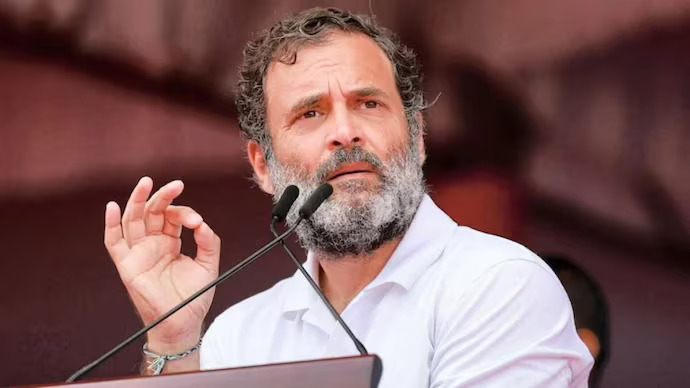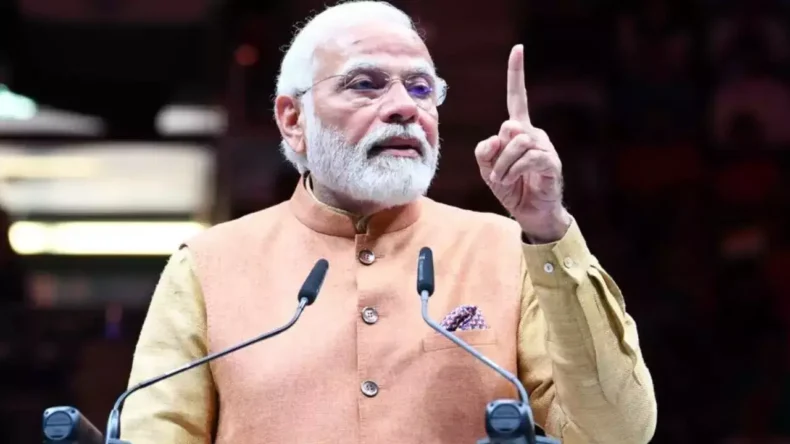India, known for its vibrant democracy, is currently immersed in a contentious debate over the proposal of ‘One Nation, One Election.’ This initiative, which advocates for simultaneous elections at all levels of government, has ignited a fervent discussion on the core tenets of democracy, logistical complexities, and the preservation of federalism. As political leaders, strategists, and citizens weigh in on the matter, the ‘One Nation, One Election’ concept remains a topic of both hope and concern.
India’s political landscape has been carefully crafted around the principles of federalism and multi-tiered governance. This unique framework distributes authority between the central government and individual states, allowing for regional autonomy and tailored solutions to local challenges. In India, citizens possess the power to elect representatives at various tiers of government, from the national Parliament to State Assemblies and local governing bodies. This multi-tiered approach ensures that governance aligns with the diverse needs and concerns of the nation, exemplifying the motto of “unity in diversity.”
The ‘One Nation, One Election – Streamlining Democracy for Efficiency
Proponents of ‘One Nation, One Election’ argue that holding simultaneous elections would yield substantial benefits. They contend that it would reduce the frequency of polls, resulting in significant cost savings and enabling governments to focus on governance instead of perpetual campaigning. Furthermore, advocates believe that this approach could foster improved coordination between the central and state governments, promoting a more cohesive approach to governance and development.

Rahul Gandhi voiced his apprehensions, characterizing the idea as an ‘attack on the Indian Union and all states.’ He scrutinized the timing and motivations behind the proposal, expressing concerns about its potential impact on India’s federal structure.
“ Rahul Gandhi took to Twitter on Sunday, ‘INDIA, that is Bharat, is a Union of States.’
The idea of ‘one nation, one election’ is an attack on the Indian Union and all its States, he adds.”
Delhi’s Chief Minister Arvind Kejriwal, opposing the ‘One Nation, One Election’ concept, playfully proposed ‘One Nation, 20 Elections.’ He argued that holding elections every three months would compel leaders to concentrate on governance instead of campaigning and globetrotting. He also criticized the Prime Minister that he only shows his face at the time of elections and before that, he just roams the world paying no attention to the country’s concerns.
Some individuals, such as election strategist Prashant Kishor, have offered conditional support for the idea. Kishor emphasizes that it should be executed with the right intentions and involve a transition period. He highlights potential benefits, including reduced costs and less voter fatigue due to fewer elections.
Historically, India did have simultaneous elections for state assemblies and the Lok Sabha until 1967. Subsequent events led to changes in electoral schedules, offering insight into the challenges and complexities of implementing such a system.
Challenges to Federalism and Democracy
Critics argue that ‘One Nation, One Election’ could potentially erode the principles of federalism. They fear that state governments may lose their autonomy, leading to a concentration of power at the central level. This could infringe upon the rights of states to determine their electoral schedules and priorities.
Implementing this concept would necessitate significant changes to India’s Constitution and legal framework, which is a complex and lengthy process. Questions have arisen about the constitutionality of the proposal, particularly regarding the requirement for ratification by the states.
Holding simultaneous elections in a country as vast and diverse as India poses significant logistical challenges. Coordinating elections on such a massive scale is a daunting task, and critics argue that managing elections for all tiers of government concurrently could lead to logistical nightmares.
Concerns have arisen about the timing and motives behind the proposal, especially when it coincides with upcoming state elections and general elections. Opposition and Critics worry about potential ulterior motives and political advantage.
As the ‘One Nation, One Election’ concept continues to be a subject of intense debate, India finds itself at a crossroads, balancing unity and diversity in its democratic fabric. While proponents argue for streamlining the electoral process, critics are concerned about its impact on federalism and state autonomy. The logistical challenges of holding simultaneous elections on such a massive scale cannot be understated.
Ultimately, any changes to India’s electoral system must be carefully considered, ensuring that the essence of federalism is preserved, and the voices of diverse regions and states are heard. The future of ‘One Nation, One Election’ will depend on political consensus, constitutional amendments, and the collective will of India’s citizens to uphold the values of its vibrant democracy.












